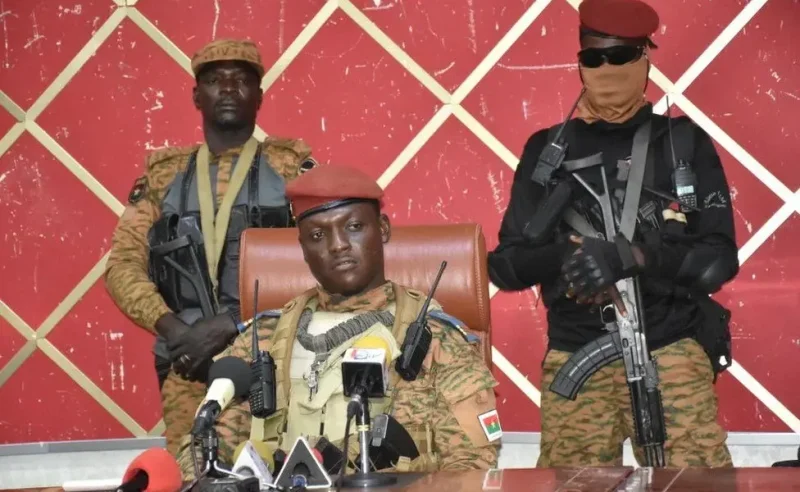NIAMEY: As Niger experienced a coup on July 26 and neighboring countries Burkina Faso and Mali have issued a strong warning against any military intervention in Niger, the President of Burkina Faso Ibrahim Traore announced that battle for full independence has begun.
“Africa’s time of slavery to Western regimes is over, and the battle for full independence has begun … either homeland or death,” the president announced.
Earlier, Burkina Faso and Mali stated that any attempt to use force to reinstate Niger’s deposed President Mohamed Bazoum would be seen as a “declaration of war” against their nations.
In a joint statement broadcasted on their national broadcasters, Burkina Faso and Mali expressed their solidarity with the people of Niger, acknowledging their decision to take control of their destiny and sovereignty.
They cautioned that a military intervention in Niger could have disastrous consequences, potentially destabilizing the entire region.
“We African leaders must stop behaving like puppets who dance every time the imperialists pull the strings,” said Burkina Faso’s President Ibrahim Traore
Furthermore, Burkina Faso and Mali refused to comply with what they consider “illegal, illegitimate, and inhumane sanctions” imposed on the people and authorities of Niger.
The coup in Niger has caused tensions across West Africa, creating divisions between the country’s former Western allies and regional bodies and other military leaders in the area.
Niger’s coup leaders justified their actions by citing poor governance and dissatisfaction with President Bazoum’s handling of security threats from groups linked to al-Qaeda and ISIL.
This coup marks the seventh military takeover in less than three years in West and Central Africa and has drawn strong condemnation from the African Union, the United States, the United Nations, the European Union, and other major powers. The situation remains tense and uncertain as the region navigates through the aftermath of the coup.











